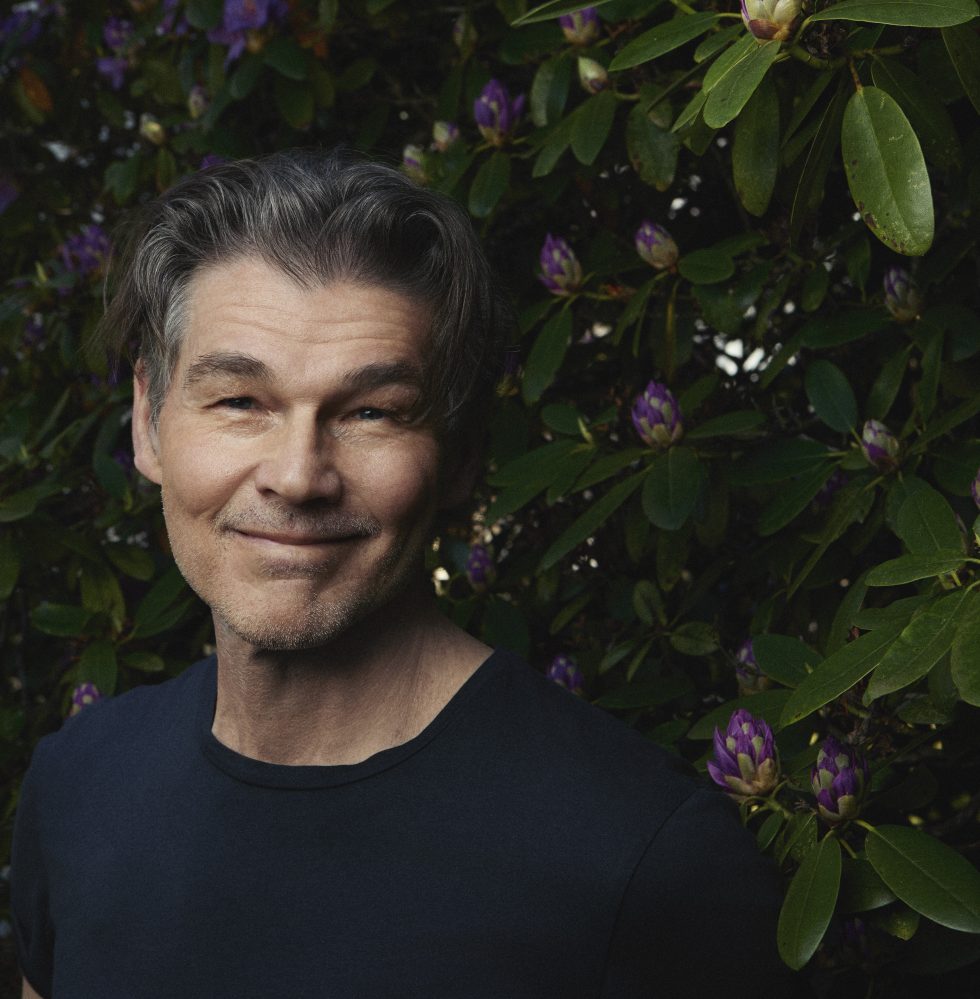
Morten Harket, the singer of the Norwegian synth-pop band a-ha who helped define the 1980s MTV sound with its gorgeously sung global hit “Take On Me,” revealed Wednesday that he has Parkinson’s disease.
“I don’t feel like singing, and for me that’s a sign,” Harket said in an interview on the band’s official website. “I’m broadminded in terms of what I think works; I don’t expect to be able to achieve full technical control. The question is whether I can express myself with my voice. As things stand now, that’s out of the question. But I don’t know whether I’ll be able to manage it at some point in the future.”
The 65-year-old Harket disclosed his illness in an interview with Jan Omdahl, the band’s biographer. He did not indicate how long he’s been battling Parkinsons.
Using a two-and-a-half of his five octave vocal range and with model good looks, Harket became the voice and face of MTV and pop radio during the mid-1980s as a-ha’s infectious hit song (and its inventive music video that made heavy use of rotoscoping) “Take On Me” became ubiquitous. With a bouncy synth pop introduction, the song was particularly distinguished by Harket’s performance of the song’s chorus that begins with a low-register “take on me” and moves skyward to a falsetto “I’ll be gone in a day or two,” the final word sung near at dog-whistle heights.
The New Wave song has proven remarkably durable, appearing in such films as Deadpool 2, Despicable Me 3, La La Land and Ready Player One. Most recently, the song and the band became a talking point during a memorable scene in Episode 4 of Netflix’s hit series Adolescence.
In his interview with band historian Omdahl, Harket said, “I’ve got no problem accepting the diagnosis. With time I’ve taken to heart my 94-year-old father’s attitude to the way the organism gradually surrenders: ‘I use whatever works.’”
Wednesday announcement follows the the 40th anniversary of the song’s release. “Take On Me” was the first single of the group’s first album Hunting High and Low.
Omdahl reports that Harket has to date shared his diagnosis with few people in his immediate circle. “Part of me wanted to reveal it,” Harket says. “Like I said, acknowledging the diagnosis wasn’t a problem for me; it’s my need for peace and quiet to work that has been stopping me. I’m trying the best I can to prevent my entire system from going into decline. It’s a difficult balancing act between taking the medication and managing its side effects. There’s so much to weigh up when you’re emulating the masterful way the body handles every complex movement, or social matters and invitations, or day-to-day life in general.”
In the interview, Harket said he took medicine to manage his symptoms. Last June, he traveled to the United States, where surgeons at the Mayo Clinic implanted, inside the left side of his brain, electrodes that receive electrical impulses from a small pacemaker-like device in his upper chest. He underwent the same procedure in December for the right side of his brain.
The treatment, known as deep brain simulation, is an established treatment for Parkinson’s. Omdahl writes that the treatment has helped keep Harket’s symptoms in check.
Still, problems with his voice “are one of many grounds for uncertainty about my creative future,” he said. The dopamine supplements that he takes affect his voice, but his underlying symptoms become more pronounced if he doesn’t take them, he said.
Parkinson’s is a progressive and incurable disease that affects the central nervous system and causes tremors, muscle stiffness, impaired balance and other symptoms. More than 10 million people worldwide are estimated to be living with Parkinson’s, according to the Parkinson’s Foundation.
See a-ha’s classic video for “Take On Me” below.



